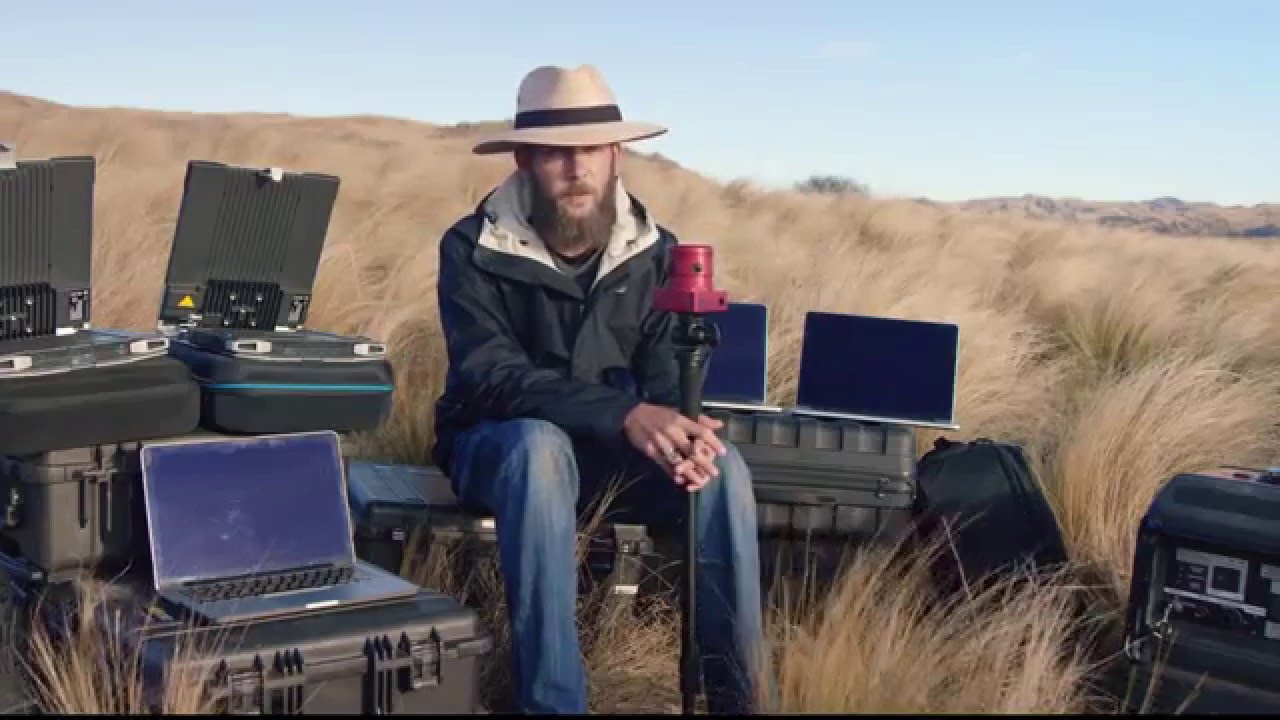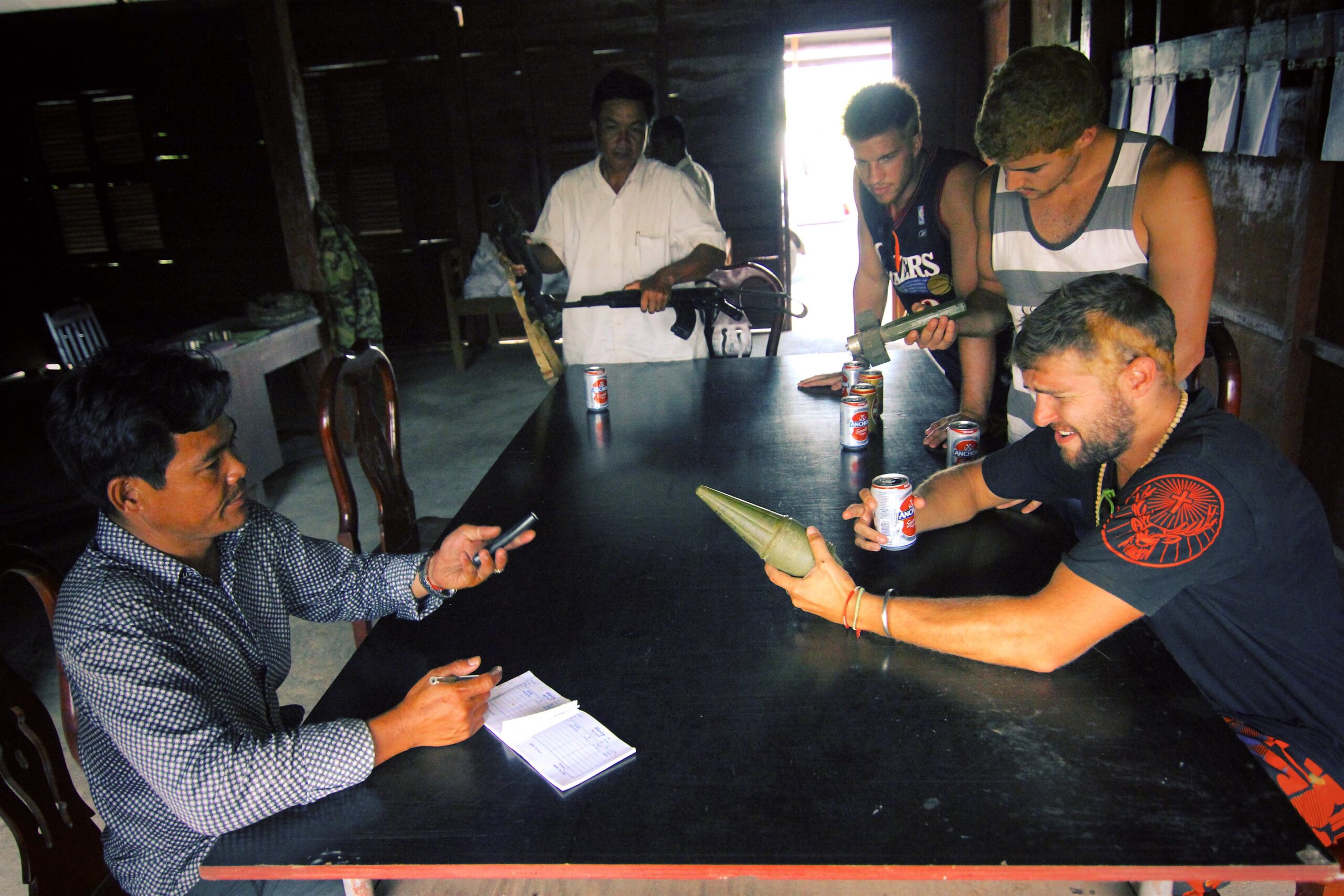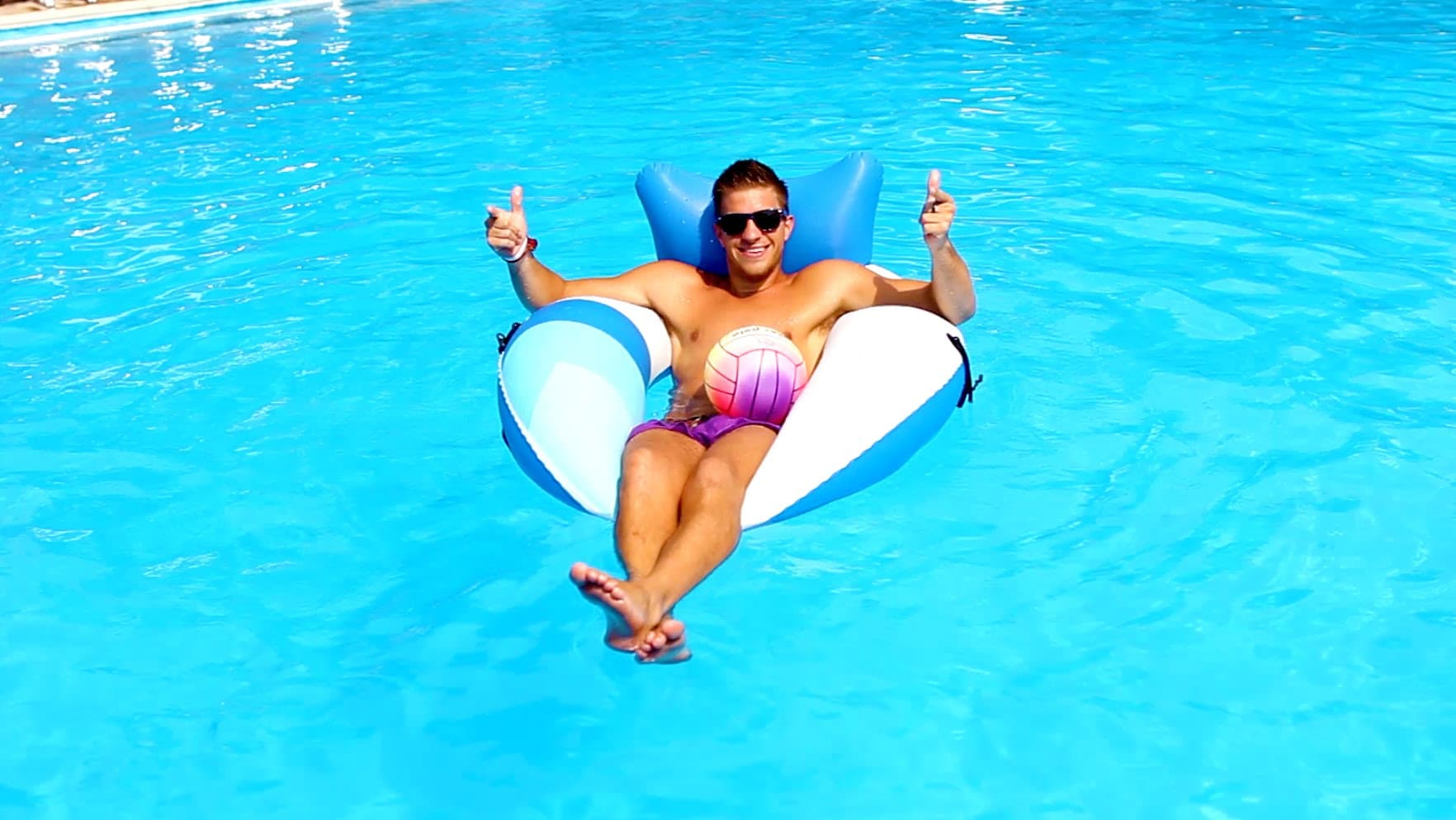Air Travel, Disabilities, And The TSA
One of the primary goals of the Transportation Security Administration (TSA) is to provide the highest level of security and customer service to all who pass through our screening checkpoints. Our current policies and procedures focus on ensuring that all passengers, regardless of their personal situations and needs, are treated equally and with the dignity, respect, and courtesy they deserve. Although every person and item must be screened before entering each secure boarding area, it is the manner in which the screening is conducted that is most important.
In order to achieve that goal, TSA has established a program for screening of persons with disabilities and their associated equipment, mobility aids, and devices. Our program covers all categories of disabilities (mobility, hearing, visual, and hidden). As part of that program, we established a coalition of over 70 disability-related groups and organizations to help us understand the concerns of persons with disabilities and medical conditions. These groups have assisted TSA with integrating the unique needs of persons with disabilities into our airport operations.
Since the initial total ban on liquids, gels and aerosols took effect we have learned enough from the UK investigation to say with confidence that small, travel size liquids are safe to bring through security checkpoints in limited numbers. We are confident in our increased security measures throughout the airport. Therefore, passengers can purchase drinks in the secure boarding area and bring them aboard their flights.
TSA’s checkpoint security screening procedures for persons with disabilities and medical conditions have not changed as a result of the current threat situation. All disability-related equipment, aids, and devices continue to be allowed through security checkpoints once cleared through screening.
Additionally, we are continuing to permit prescription liquid medications and other liquids needed by persons with disabilities and medical conditions. This includes:
* All prescription and over-the-counter medications (liquids, gels, and aerosols) including KY jelly, eye drops, and saline solution for medical purposes;
* Liquids including water, juice, or liquid nutrition or gels for passengers with a disability or medical condition;
* Life-support and life-sustaining liquids such as bone marrow, blood products, and transplant organs;
* Items used to augment the body for medical or cosmetic reasons such as mastectomy products, prosthetic breasts, bras or shells containing gels, saline solution, or other liquids; and,
* Gels or frozen liquids needed to cool disability or medically related items used by persons with disabilities or medical conditions.
However, if the liquid medications are in volumes larger than 3 ounces each, they may not be placed in the quart-size bag and must be declared to the Transportation Security Officer. A declaration can be made verbally, in writing, or by a person’s companion, caregiver, interpreter, or family member.
Declared liquid medications and other liquids for disabilities and medical conditions must be kept separate from all other property submitted for x-ray screening.





























